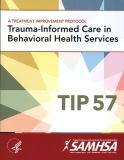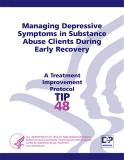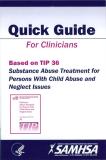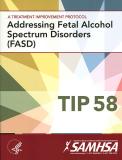
This manual helps behavioral health professionals understand the impact of trauma on those who experience it. The manual discusses patient assessment and treatment planning strategies. These strategies support recovery and the development of a trauma-informed care workforce.
Units per Product
Download
TIP 57
File Type: PDF
File Size: 3.7 MB
Literature Review
File Type: PDF
File Size: 1.92 MB






